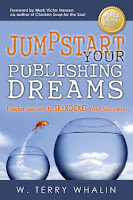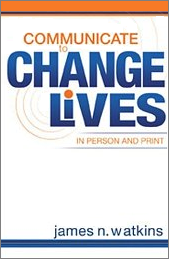What are you selling? You might say you aren’t selling anything. You are a writer/editor, not a salesperson. Think again. You may be a crafter of great stories, but someone must sell the stories to a magazine or the books to an editor. You may be a crackerjack editor, but how will you get clients if you don’t sell your services?
Notice I used the word “selling” rather than “marketing.” Somehow, in our society, we have come to think of selling as manipulative or dishonorable. Marketing, however, is less offensive because it evokes images of a farmers market or flea market. Buyers cruise among the sellers and choose what they want without pressure, but the vendors who step out of their stalls and interact with prospective customers sell more product. Selling is the end result of marketing. In the words of business writer/speaker Harvey Mackay, “There are no jobs until someone sells something.”
If you’re a freelance writer, editor, or writing coach, someone must sell your product or service. That means you need a marketing plan. If you haven’t read my article on applying the Marketing Mix approach to your marketing plan, take a minute to read it now on the Marketing Mix page. Now, the first step in developing your plan is to define your product.
What Is Your Genre Specialty?
Writers and editors often specialize in one or two genres. It’s hard to achieve excellence in all of them. Within the fiction genre, there are a number of sub-categories. See a list here. The same goes for nonfiction, ranging from simple how-to books to “heavy” academic publications. Take a sheet of paper and mark off four columns, one each for product, promotion, place and price. In the product column, list the genres that you prefer. You might even want to list them in order of your preference. For example, I write and edit articles and devotionals, but my favorite genre is how-to. I would list that first.
Once you’ve identified your product specialty, the next step is to define the quality of the product you offer. The subject of the next post will be Product: Quality Control. If you aren’t already subscribed to this blog, do so now so that you won’t miss the follow-up.








